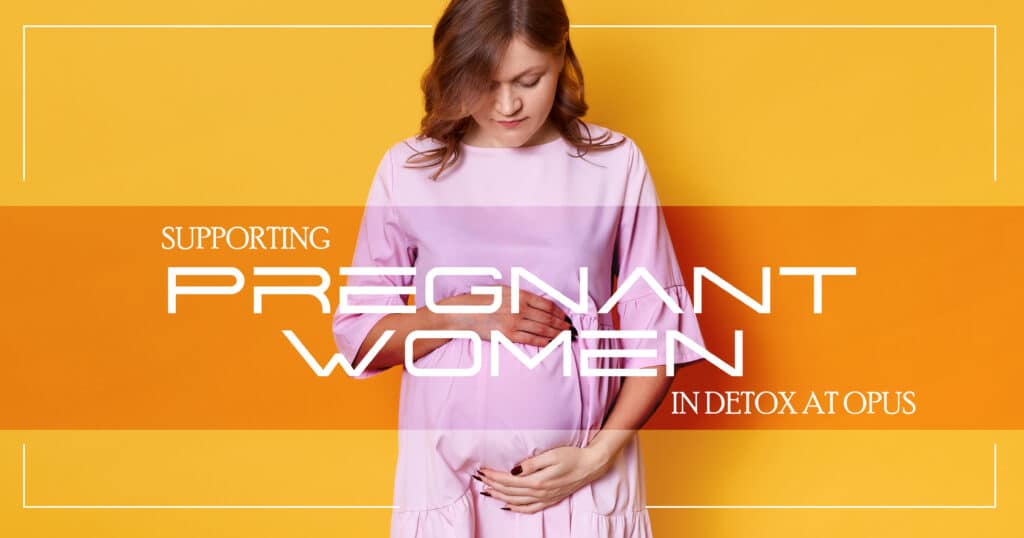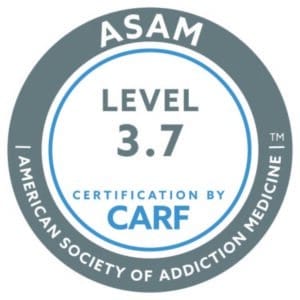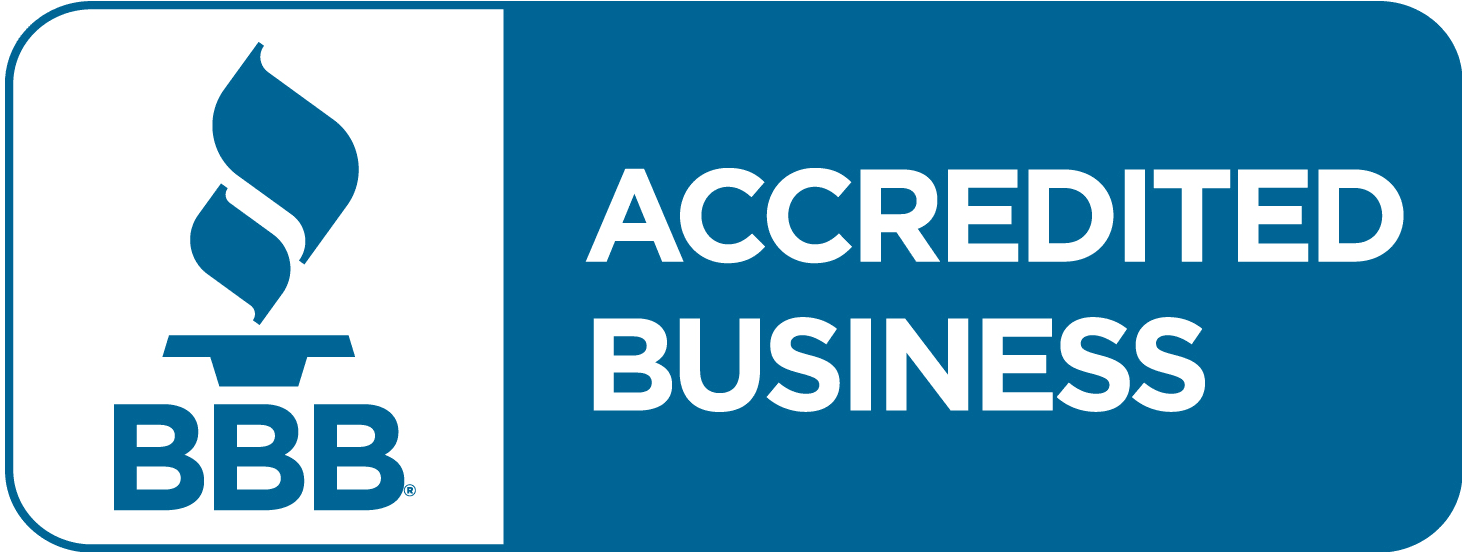
Pregnancy is a transformative and joyous time, but for women struggling with addiction, it can be fraught with challenges. Detoxification, the first step towards recovery, becomes a complex undertaking for pregnant women. Balancing the health of the mother and protecting the unborn child requires specialized care and support. This article aims to address the concerns and provide guidance for pregnant women in detox, helping them embark on a safe journey towards recovery.
The Unique Challenges Faced by Pregnant Women in Detox
Pregnant women in detox face a myriad of challenges that demand careful attention and specialized care. Understanding these challenges is crucial to ensuring a tailored approach to detoxification. Here are some key considerations:
- Physical Adjustments: Pregnancy adds a layer of complexity to the detox process. The physiological changes experienced during pregnancy, such as increased blood volume and altered metabolism, impact the body’s response to detoxification. Close monitoring is essential to ensure the well-being of both mother and child.
- Mental Health Support: Pregnant women often grapple with intense emotions and psychological distress during detox. The hormonal fluctuations coupled with the stress of addiction recovery can be overwhelming. Providing mental health support is imperative to address these issues effectively.
- Risk of Relapse: Detoxification is just the beginning of the recovery journey. Pregnant women face a higher risk of relapse due to the immense physical and emotional strain. Tailored relapse prevention strategies, including ongoing counseling and support groups, are vital.
- Prenatal Care Integration: Combining detoxification with comprehensive prenatal care is crucial for the health of both mother and child. Integrating medical professionals from both addiction and prenatal care fields ensures adequate monitoring and necessary adjustments throughout the detox process.
Navigating the Detox Journey: Ensuring a Safe Passage
Detoxification for pregnant women requires a compassionate and multidisciplinary approach. By addressing the unique challenges faced by pregnant women, we can ensure a safe passage to recovery. Here are some essential steps and strategies:
- Comprehensive Assessment: Each pregnant woman’s detox journey is unique, and an initial comprehensive assessment is the vital first step. It should include evaluating the severity of addiction, any underlying health conditions, and relevant prenatal factors. This assessment enables healthcare providers to tailor a personalized treatment plan.
- Medication-Assisted Treatment (MAT): MAT, utilizing medications deemed safe during pregnancy, can alleviate withdrawal symptoms and minimize potential harm to the unborn child. Close monitoring of medication dosage and effectiveness is essential throughout the detox process.
- Emotional Support: The emotional toll of detox can be overwhelming for pregnant women. Providing a nurturing and non-judgmental environment, coupled with individual counseling and support groups, significantly increases the likelihood of successful detoxification.
- Holistic Approach: Integrating various modalities such as acupuncture, yoga, and mindfulness into the detox process can support overall well-being. These holistic practices promote relaxation, reduce stress, and aid in the management of withdrawal symptoms.
Frequently Asked Questions (FAQs)
Can pregnant women safely undergo detoxification?
Yes, pregnant women can undergo detoxification, but it must be carefully managed to prioritize both maternal and fetal health.
Are there medications that pregnant women can take during detox?
Yes, certain medications can be used during detoxification to manage withdrawal symptoms safely. These medications should be prescribed and monitored by healthcare professionals experienced in treating pregnant women.
What is the importance of ongoing prenatal care during detox?
Integrating prenatal care into the detox process ensures the continuous monitoring of both maternal and fetal health. It allows for appropriate adjustments to be made based on the changing needs of the pregnancy.
How can pregnant women reduce the risk of relapse post-detox?
Pregnant women can reduce the risk of relapse by participating in ongoing counseling, support groups, and building a strong support system. Seeking professional help and engaging in healthy coping mechanisms are also crucial.
“Opus consists of quality people that provide quality care and treatment. Everyone from the night crew, counselors, therapists, chef, physical trainers and the day crew really do care and want you to get better. I listened and took thier direction and now am enjoying a productive and happy life. I was there over the holidays and initially dreaded it, but it was the best decision I ever made to stay the duration. Next time I am down in So Cal, I will definitely be stopping by for the alumni breakfast on Friday morning. Can’t go wrong with Opus!” – Adrian
Embarking on a Hopeful Path
The journey of pregnant women in detox is undoubtedly challenging, but with the right support, it can lead to a hopeful path towards recovery. By addressing the unique challenges faced by pregnant women and providing specialized care, we can foster a safe environment for both mother and child. Let us stand beside these courageous women on their journey towards a healthier future.
At Opus Health, we help adults overcome addiction through evidence-based, medically supervised treatment in Orange County, California. See how we align caring professionalism with a holistic recovery approach. Learn more about us.











